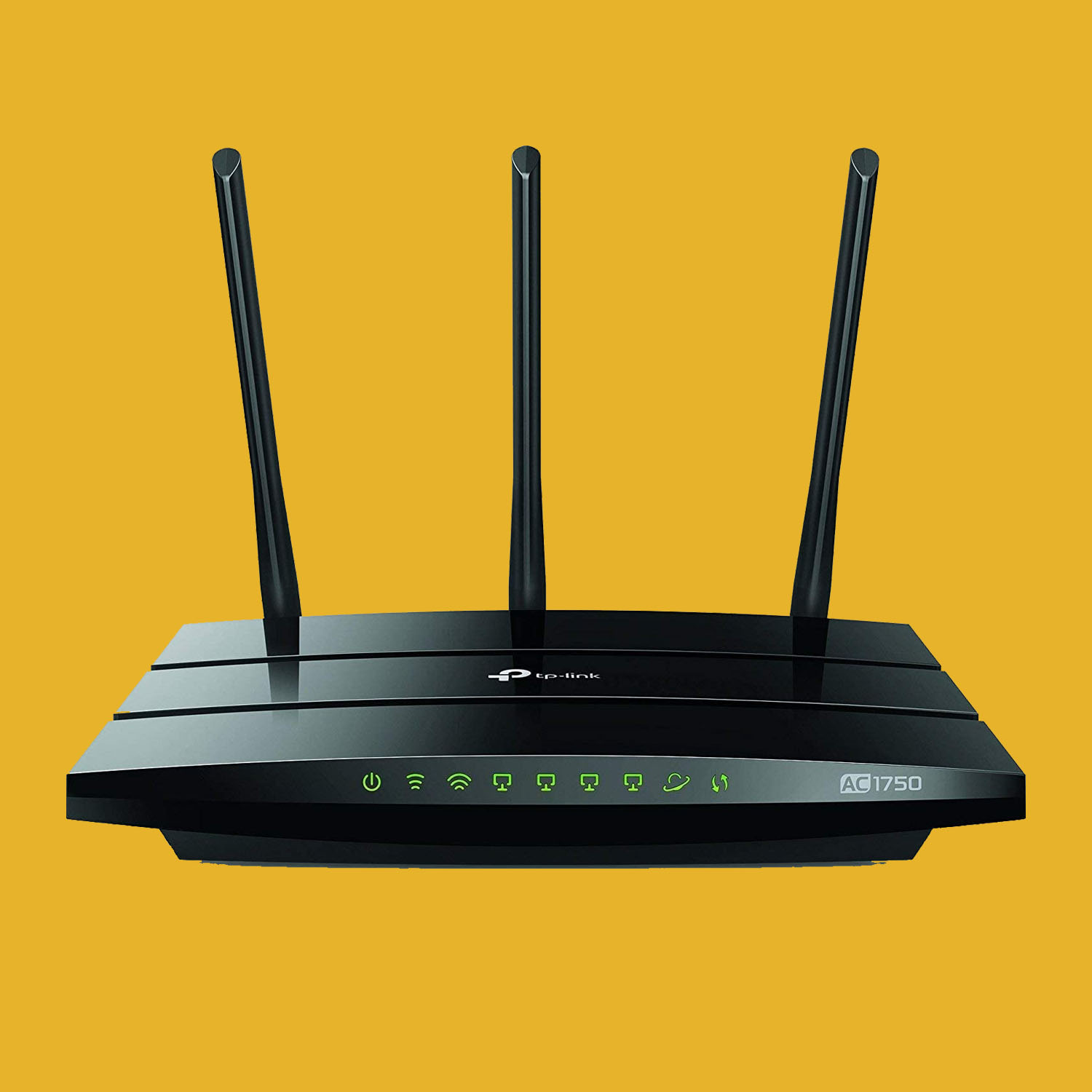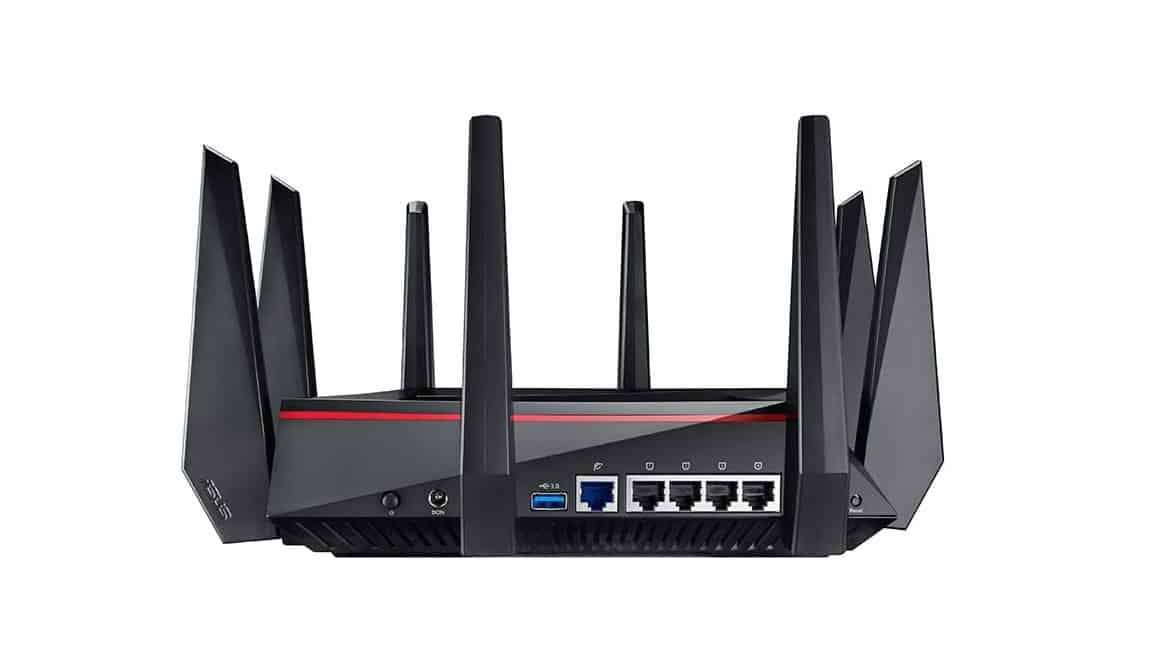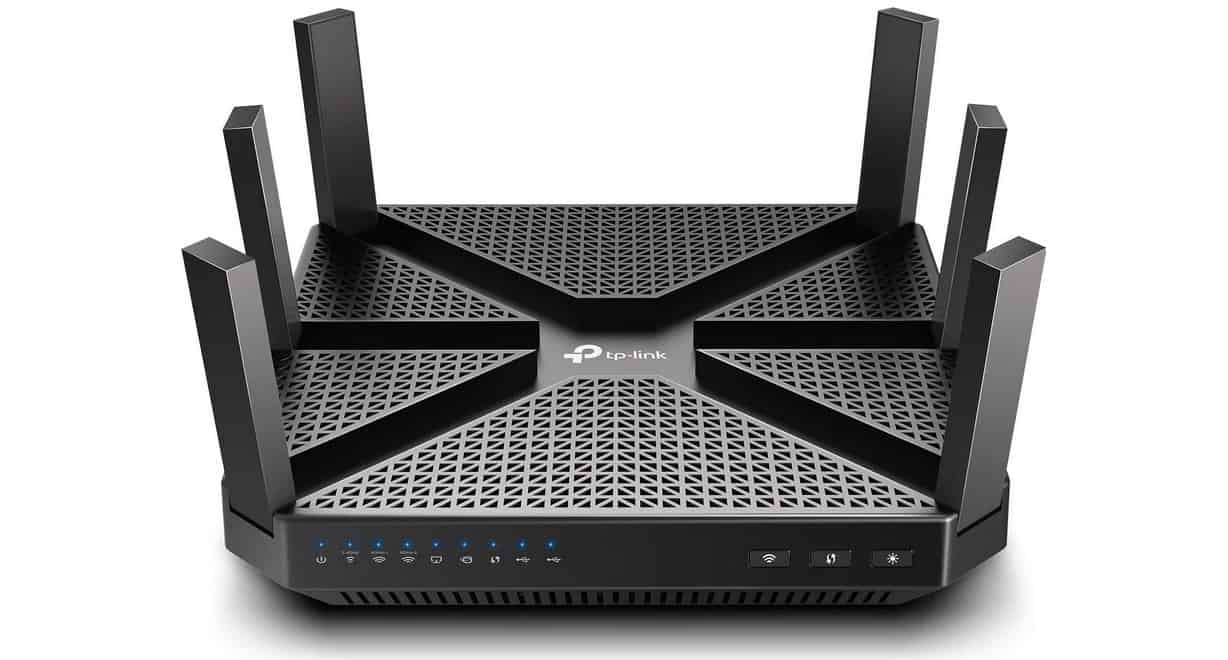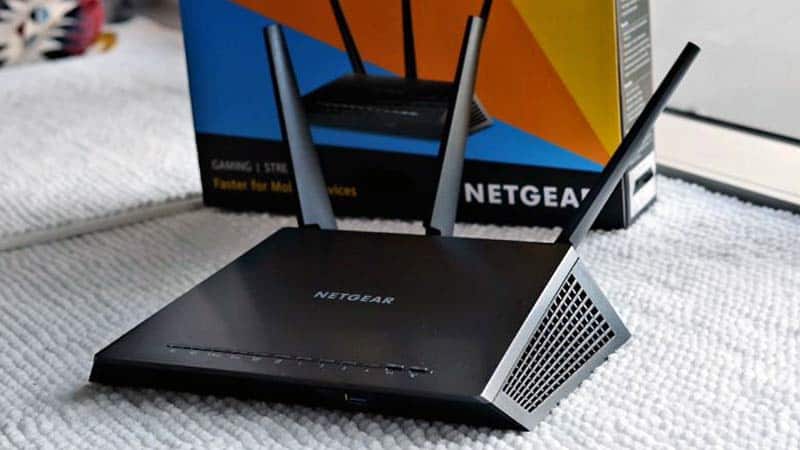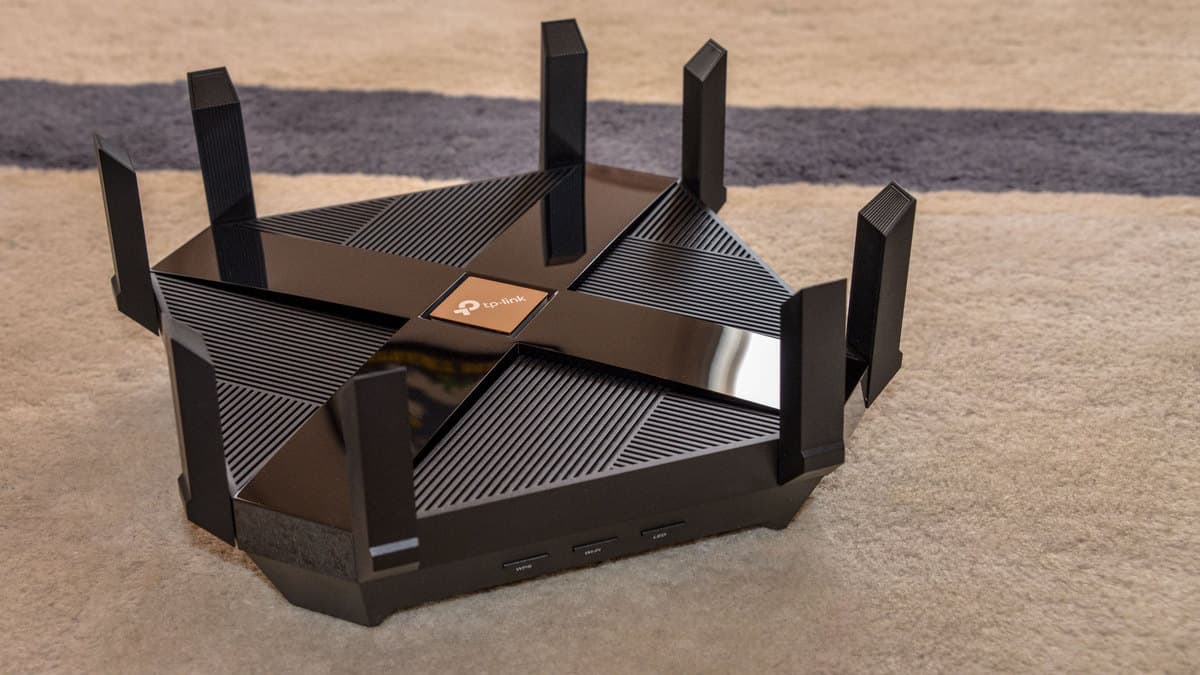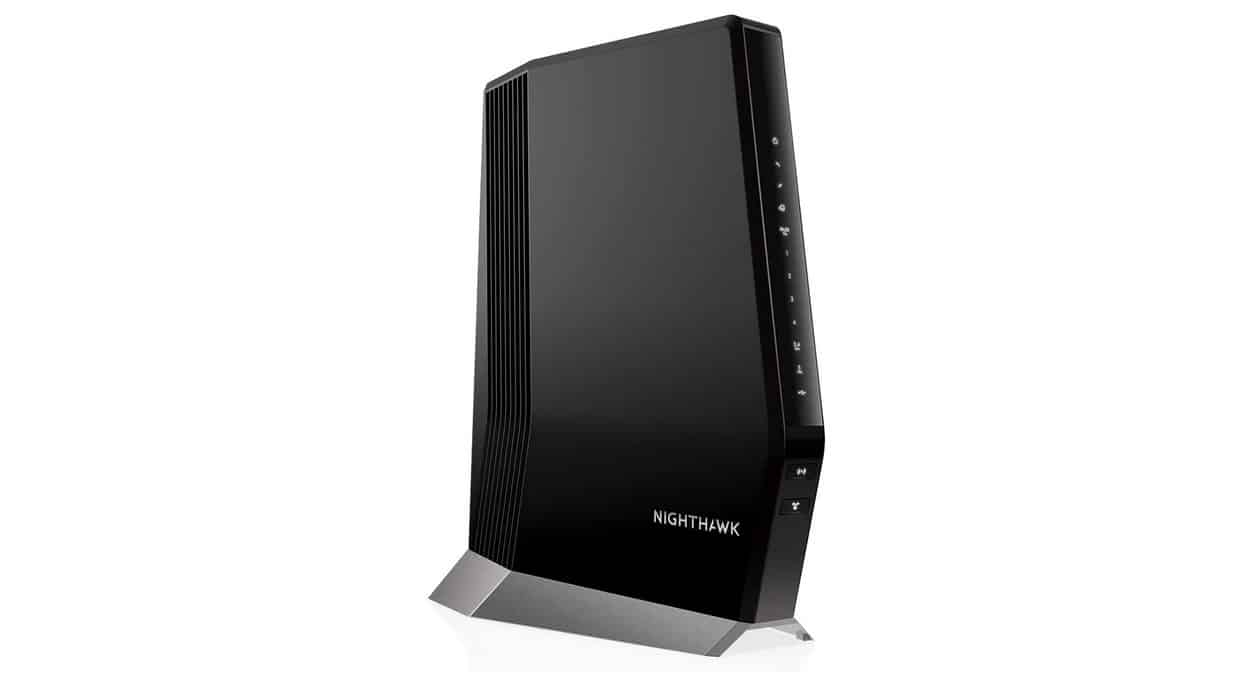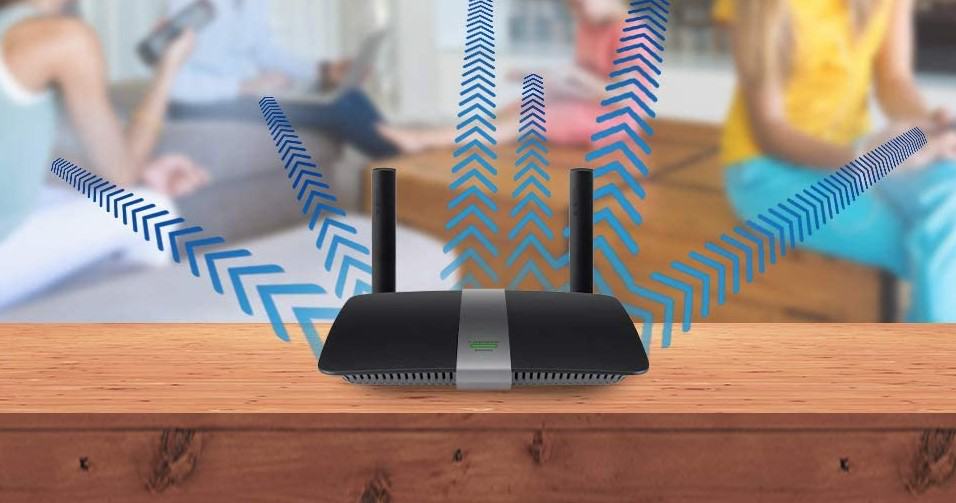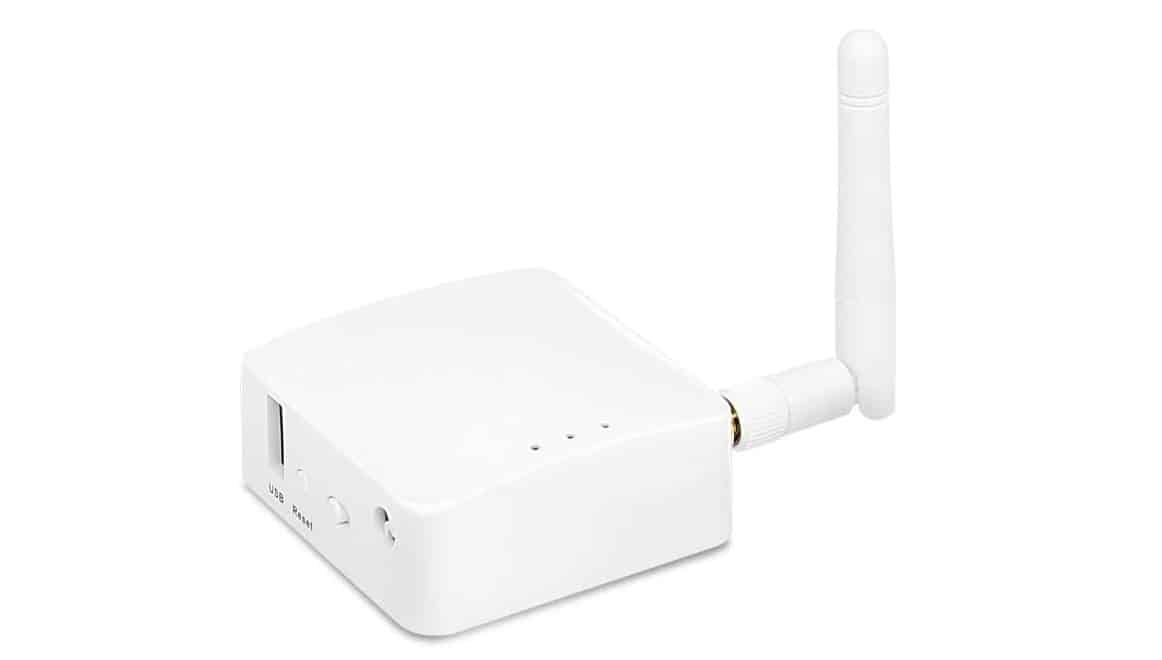If you’re shopping for network devices, you’ve probably wondered about the difference between a business router vs a home router. While the best router should be great for either a home or business network, a complex network might need specialized equipment.
KEY TAKEAWAYS:
- A business router is an excellent choice for setting up a mesh network and network bridging with other offices.
- A home router is the best choice for linking your devices with the internet via Ethernet or Wi-Fi.
- Go with a business router if you’re interested in a device to exchange large amounts of data with internal and external networks with near-zero downtime. However, for basic internet activities like streaming movies or online gaming, go with a home router.
For example, a router for business might not deliver the network speed or internet access that a typical consumer router might offer. Read our guide to learn the difference between a business router and a home router.
Comparing Business Routers and Home Routers
The most significant difference between a business router and a home router is the build quality and functionality. Business and home routers can connect to external networks and handle most basic network scenarios like a Wi-Fi router or an extender. That said, there are some situations in which a business router will outperform a home router and vice versa.
Insider Tip
Make sure you invest in the proper equipment like network hubs, wireless routers, and Ethernet cables to get the most of your business router.
Speed
In terms of network speed, both business-class routers and home routers are fast, but they specialize in different applications. For example, a business router is much quicker and well-equipped for forming network bridges and private network security. Conversely, a home Wi-Fi router is excellent for casual web browsing or video streaming.
Of course, basic internet activities are better suited for a home router than a business model. Still, suppose you’re interested in forming a router bridge vs. an access point. In that case, your choice should probably be a business-grade model.
Connectivity
A business router typically connects to external networks via Ethernet hubs or network bridges. In addition, the enhanced hardware of a business router can be instrumental in setting up a virtual network. However, consumer-grade routers are better at connecting a host of wireless and wired devices to the internet on a single network.
Cost
A primary business router will cost more than most home routers due to its quality components and top-notch quality of service. Business routers also typically work via Ethernet, so a wireless model will cost much more than wireless devices like routers or access points.
Warning
Never set up a wireless router without establishing an SSID to password protect the sensitive data on your network.
F.A.Q.S
Is it recommended for small businesses to use home routers?
While a home router will deliver a solid wireless network, even a low-end business router will have extra network security and overall better build quality. In addition, you can use most business-class routers for external VPN access if you hire help from abroad.
What does a router do?
A router takes internet network traffic to and from the devices in your home. Depending on the amount of network traffic, you may need additional configuration to get the most out of a router.
How can I extend my router’s WiFi?
Suppose your wireless router isn’t delivering a strong signal. In that case, you can use a wireless access point or a Wi-Fi extender.
What is a switch?
A switch allows for all the devices on your network to communicate with each other. For example, you can link your printer, computers, and other devices onto your small business network with a switch.
STAT: The share of all U.S. adults who use the internet increased from 52% in 2000 to 84% today. (source)




















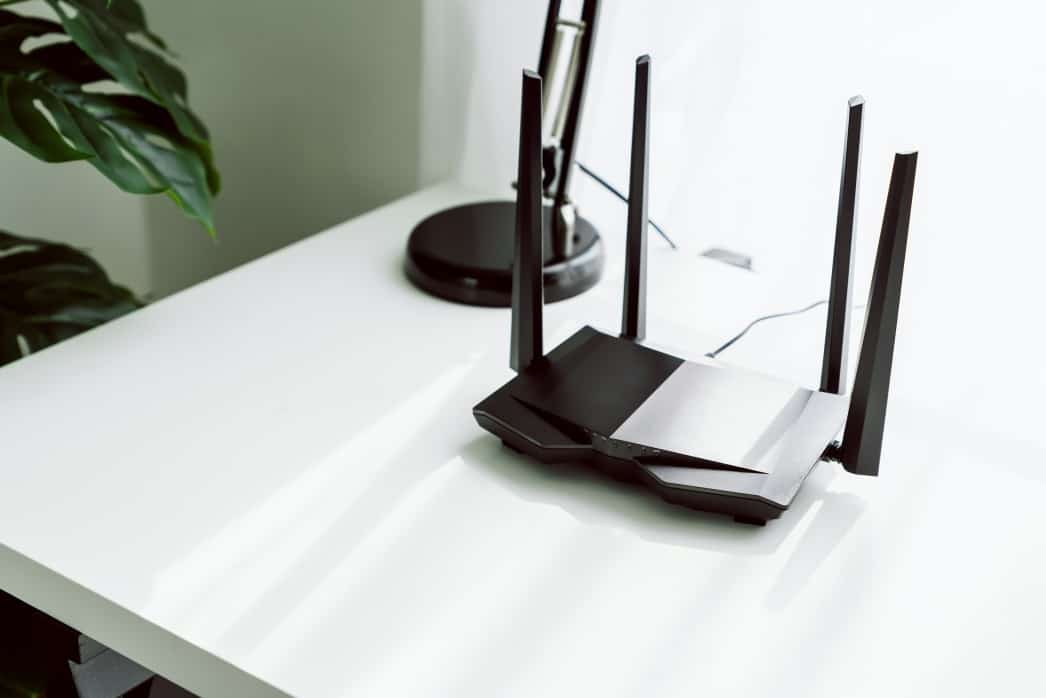







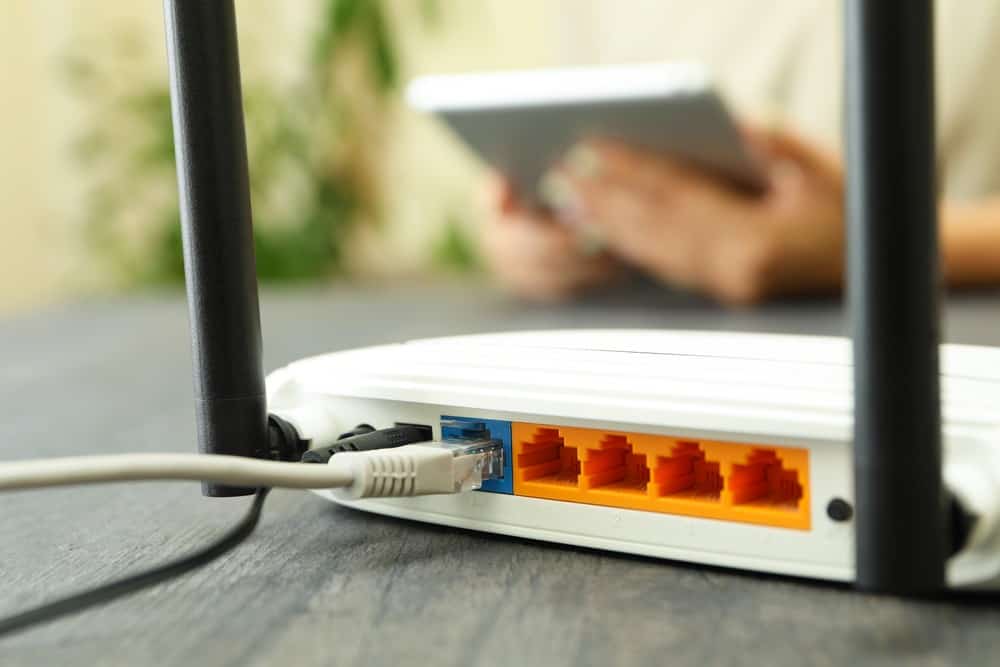
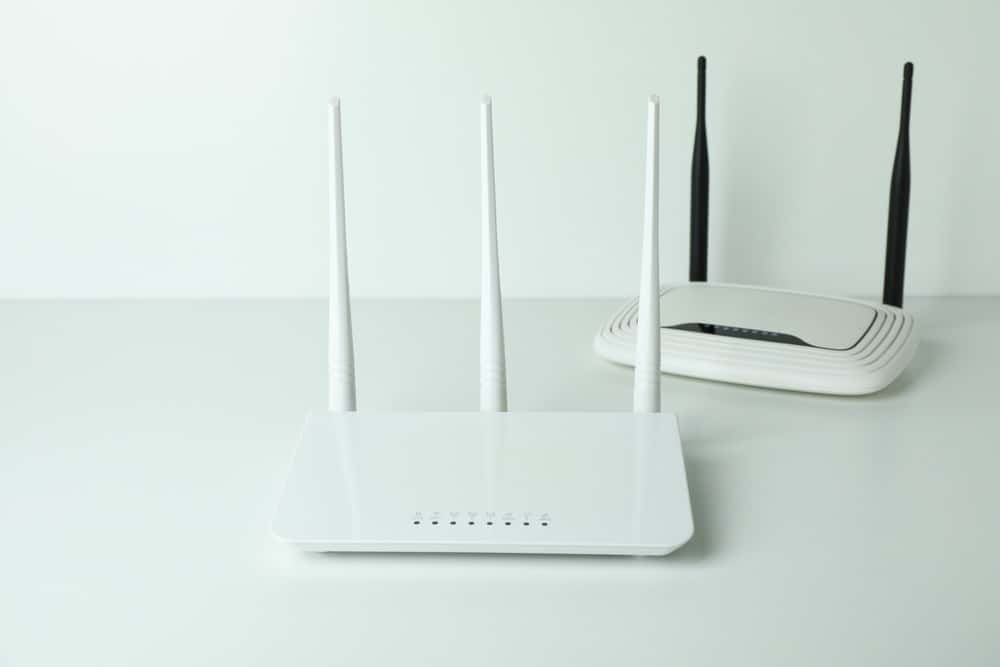
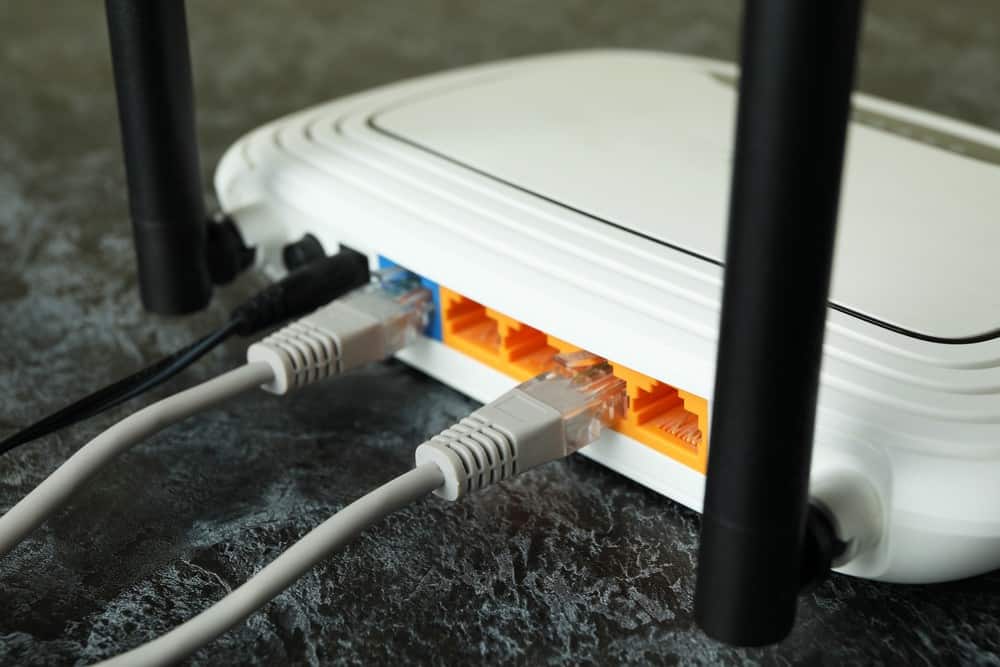
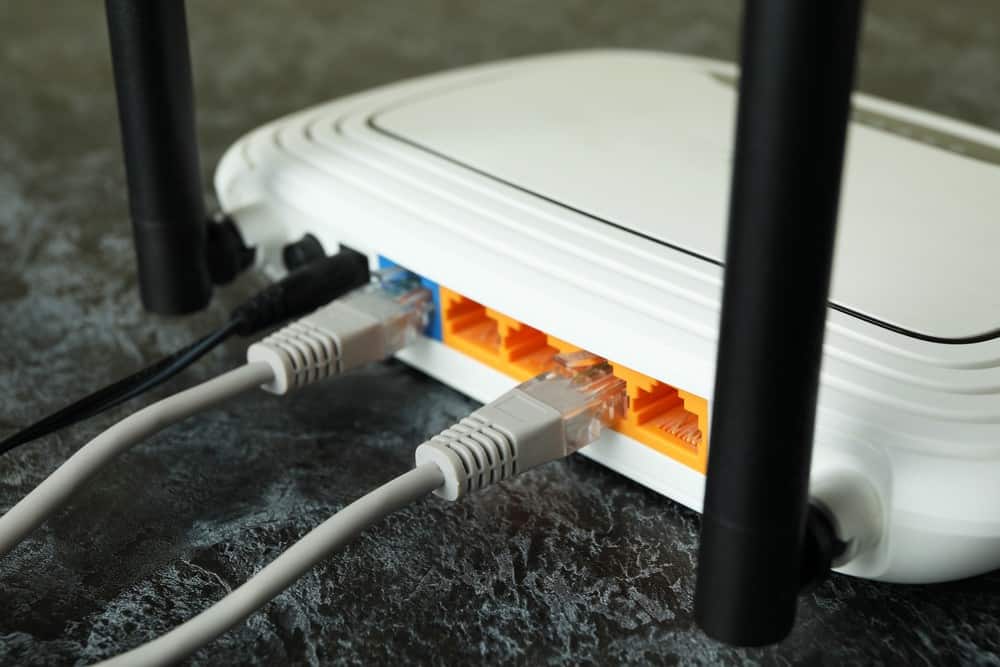


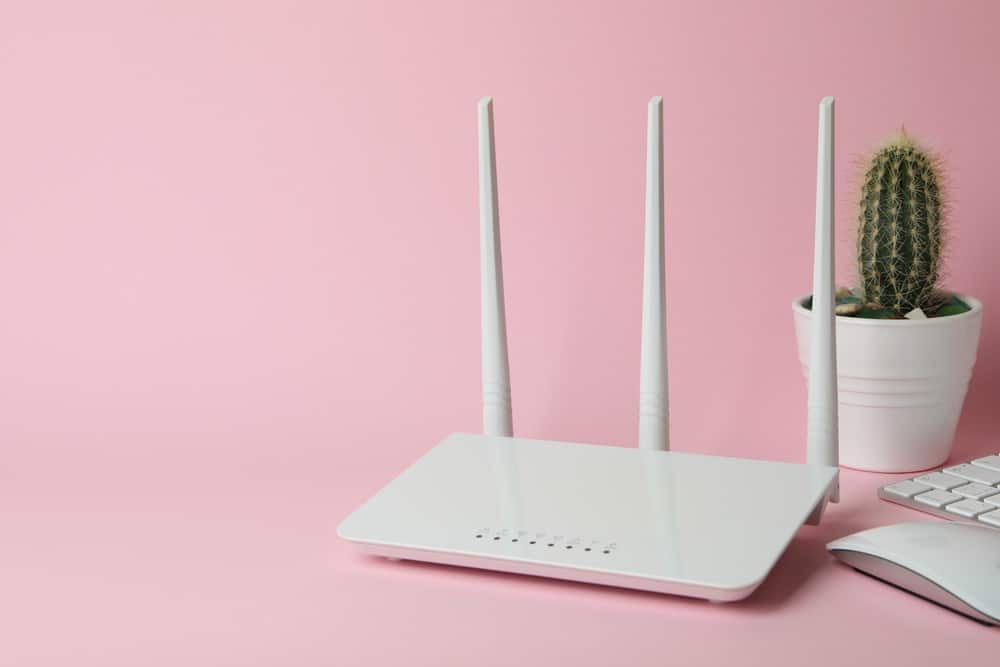
![Best BenQ Monitors in [year] 27 Best BenQ Monitors in 2026](https://www.gadgetreview.dev/wp-content/uploads/best-benq-monitor-image.jpg)
![Best Wifi Extenders For FiOS in [year] 28 Best Wifi Extenders For FiOS in 2026](https://www.gadgetreview.dev/wp-content/uploads/best-wifi-extender-for-fios-image.jpg)
![Best Fiber Optic Routers in [year] 29 Best Fiber Optic Routers in 2026](https://www.gadgetreview.dev/wp-content/uploads/best-fiber-optic-router-image.jpg)
![Best VoIP Routers in [year] 30 Best VoIP Routers in 2026](https://www.gadgetreview.dev/wp-content/uploads/best-voip-router-image.jpg)
![Best Routers for 200Mbps in [year] 31 Best Routers for 200Mbps in 2026](https://www.gadgetreview.dev/wp-content/uploads/best-router-for-200mbps-image.jpg)
![Best Routers for Optimum in [year] 32 Best Routers for Optimum in 2026](https://www.gadgetreview.dev/wp-content/uploads/best-router-for-optimum-image.jpg)
![Best Routers for Apple in [year] 33 Best Routers for Apple in 2026](https://www.gadgetreview.dev/wp-content/uploads/best-router-for-apple-image.jpg)
![Best Routers for Frontier FIOS in [year] 34 Best Routers for Frontier FIOS in 2026](https://www.gadgetreview.dev/wp-content/uploads/best-router-for-frontier-fios-image.jpg)
![Best Secure Routers in [year] 35 Best Secure Routers in 2026](https://www.gadgetreview.dev/wp-content/uploads/best-secure-router-image.jpg)
![Best Routers for Google Fiber in [year] 36 Best Routers for Google Fiber in 2026](https://www.gadgetreview.dev/wp-content/uploads/best-router-for-google-fiber-image.jpg)
![Best Routers for Cox in [year] 37 Best Routers for Cox in 2026](https://www.gadgetreview.dev/wp-content/uploads/best-router-for-cox-image.jpg)
![Best Asus Routers in [year] 38 Best Asus Routers in 2026](https://www.gadgetreview.dev/wp-content/uploads/best-asus-routers-image.jpg)
![Best Linksys Routers in [year] 39 Best Linksys Routers in 2026](https://www.gadgetreview.dev/wp-content/uploads/best-linksys-routers-image.jpg)
![Best Routers for CenturyLink in [year] 40 Best Routers for CenturyLink in 2026](https://www.gadgetreview.dev/wp-content/uploads/best-router-for-centurylink-image.jpg)
![Best WiFi Routers for Multiple Devices in [year] 41 Best WiFi Routers for Multiple Devices in 2026](https://www.gadgetreview.dev/wp-content/uploads/best-wifi-router-for-multiple-devices-image.jpg)
![Best Wired Routers in [year] 42 Best Wired Routers in 2026](https://www.gadgetreview.dev/wp-content/uploads/best-wired-router-image.jpg)
![Best Routers for 4K Streaming in [year] 43 Best Routers for 4K Streaming in 2026](https://www.gadgetreview.dev/wp-content/uploads/best-router-for-4k-streaming-image.jpg)
![Best Cisco Routers in [year] 44 Best Cisco Routers in 2026](https://www.gadgetreview.dev/wp-content/uploads/best-cisco-routers-image.jpg)
![Best eero Routers in [year] 45 Best eero Routers in 2026](https://www.gadgetreview.dev/wp-content/uploads/best-eero-routers-image.jpg)


